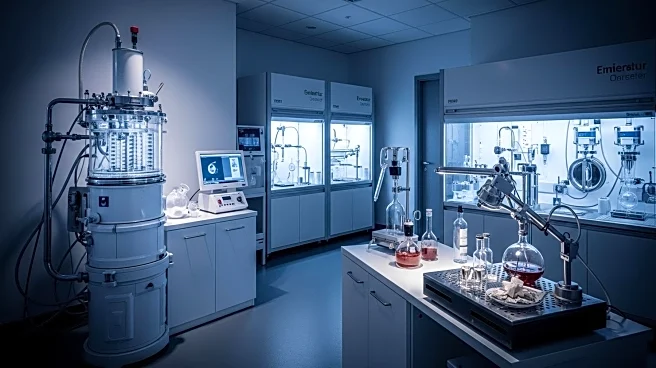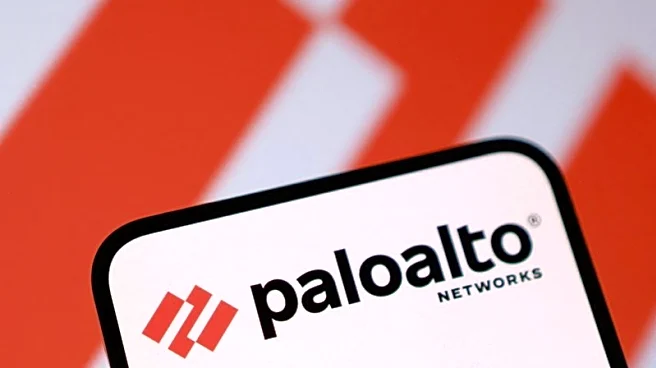What's Happening?
European consumers show reluctance to embrace food tech innovations, such as cultivated meat and genetically engineered crops. Despite high awareness in countries like the UK and Italy, there is low intent to try these novel foods. In contrast, Asian countries like China and India exhibit strong interest and willingness to explore food tech. The preference for natural foods in Europe presents a significant barrier to adoption, as consumers prioritize traditional culinary practices over technological advancements. This hesitance is further compounded by regulatory constraints and cultural attitudes towards food technology.
Why It's Important?
The reluctance of European consumers to adopt food tech innovations poses challenges for companies seeking to introduce novel foods in the region. Understanding the cultural and regulatory barriers is crucial for innovators aiming to expand their market presence and drive consumer acceptance. The contrast between European and Asian attitudes towards food tech highlights the importance of tailoring marketing strategies to align with regional preferences and values. As the demand for sustainable and innovative food solutions grows globally, addressing consumer hesitance in Europe is essential for the successful integration of food tech into mainstream diets.
Beyond the Headlines
The hesitance towards food tech in Europe reflects deeper cultural and ethical considerations, as consumers prioritize natural and traditional foods. This preference underscores the importance of transparency and trust in the food industry, as companies navigate the complexities of introducing novel technologies. The challenge lies in balancing innovation with cultural integrity, ensuring that food tech solutions align with consumer values and expectations. As the industry evolves, fostering dialogue and collaboration between stakeholders can help bridge the gap and promote acceptance of food tech innovations.










